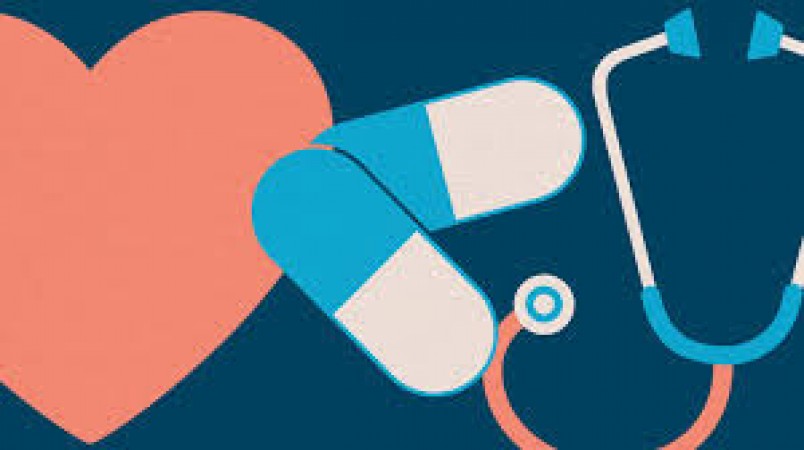
Cholesterol, a fatty substance found in your blood, is crucial for building healthy cells. However, when levels of cholesterol soar beyond normal limits, it becomes a silent threat, lurking within your body and wreaking havoc on your health. Let's delve into the perils posed by elevated cholesterol levels and how they can affect vital organs like the heart and brain.
High levels of cholesterol pave the way for the buildup of plaque in your arteries, a condition known as atherosclerosis. This plaque narrows the arteries, obstructing the smooth flow of blood to the heart. Consequently, it increases the risk of coronary artery disease, heart attacks, and other cardiovascular complications.
Certain factors contribute to the development of high cholesterol, including unhealthy diet choices, lack of physical activity, smoking, obesity, and genetics. Individuals with a family history of cholesterol-related issues are particularly susceptible and should be vigilant about monitoring their cholesterol levels.
While the heart often takes center stage in discussions about cholesterol, its detrimental effects extend to the brain as well. High cholesterol levels can lead to the formation of blood clots, impairing blood flow to the brain and increasing the likelihood of stroke. Moreover, research suggests a link between elevated cholesterol and the development of neurodegenerative conditions like Alzheimer's disease.
Cholesterol levels are typically measured through a lipid profile test, which assesses various types of cholesterol, including low-density lipoprotein (LDL) and high-density lipoprotein (HDL). LDL cholesterol, often dubbed the "bad" cholesterol, contributes to plaque buildup, while HDL cholesterol, the "good" counterpart, helps remove excess cholesterol from the bloodstream. Maintaining a balance between these two types is crucial for optimal health.
Fortunately, lifestyle modifications can play a pivotal role in lowering cholesterol levels and mitigating associated risks. Adopting a heart-healthy diet rich in fruits, vegetables, whole grains, and lean proteins, along with regular exercise and smoking cessation, can significantly improve cholesterol profiles. Additionally, medication may be prescribed by healthcare professionals to further control cholesterol levels when lifestyle changes alone prove insufficient.
In conclusion, high cholesterol poses a multifaceted threat to your health, encompassing both cardiovascular and cognitive risks. By understanding the dangers associated with elevated cholesterol levels and implementing proactive measures to manage them, you can safeguard your well-being and enjoy a healthier, more fulfilling life.
Madhuri Dixit gave major fashion goals in black and white saree, getting a lot of praise'
Taapsee Pannu Ties the Knot: A Peek Into Her Punjabi Wedding Bliss
Priyanka Chopra Jonas Joins Barry Avrich's Documentary 'Born Hungry' as Producer